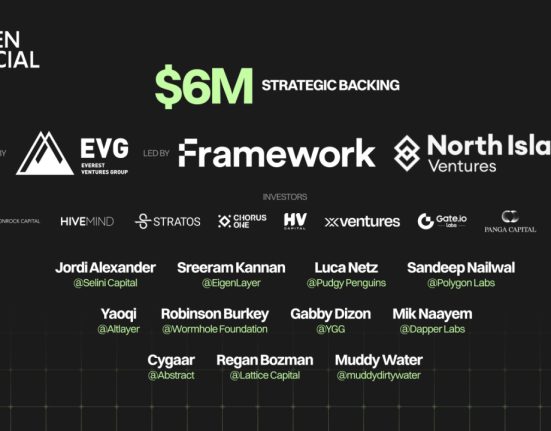The views of the U.S. SEC are “wrong as a matter of law and policy,” according to Jake Chervinsky, who is the Executive Vice President and Head of Policy at the Blockchain Association, an Advisor at Variant Fund, and a Board Member at the DeFi Education Fund, on Friday (October 28).
You might recall that the SEC stated on December 22, 2020 that it had filed a lawsuit against Ripple Labs Inc. and two of its executives, who are also significant security holders, charging that they raised over $1.3 billion through an ongoing, unregistered issuance of digital asset securities.
In support of a proper reading of Howey in the SEC’s continuing litigation against Ripple, the Washington, D.C.-based Blockchain Association (which represents “the renowned leaders of the US blockchain and cryptocurrency sector”) submitted an amicus brief yesterday.
1/ Today we announced we filed an amicus brief supporting a correct interpretation of Howey in the SEC’s two-year legal battle against @Ripple.
A judge now has the opportunity to issue a substantive opinion on how Howey applies to digital assets.
Here's what's at stake🧵🧵🧵
— Blockchain Association (@BlockchainAssn) October 28, 2022
Blockchain Association claimed in a press release that this case, which is just one in a long line of SEC efforts to regulate by enforcement, highlights the SEC’s efforts to cement and legitimize its overly broad interpretation of the Howey test and that a ruling that adopts the SEC’s view of the law would expand the landscape of assets that are considered securities in a manner contrary to the Supreme Court’s intent in Howey.
Chervinsky claimed in a conversation on Twitter yesterday that the 30-page brief from the Blockchain Association explains in great detail why the SEC’s opinions “are wrong as a matter of law and policy.”
1/ I’m proud to announce that @BlockchainAssn has filed an amicus brief in the SEC’s case against @Ripple.
In short: the SEC is wrong on the law, and its pattern of regulation by enforcement is harmful to both US crypto companies and the investors that it's meant to protect. 🧵
— Jake Chervinsky (@jchervinsky) October 28, 2022














